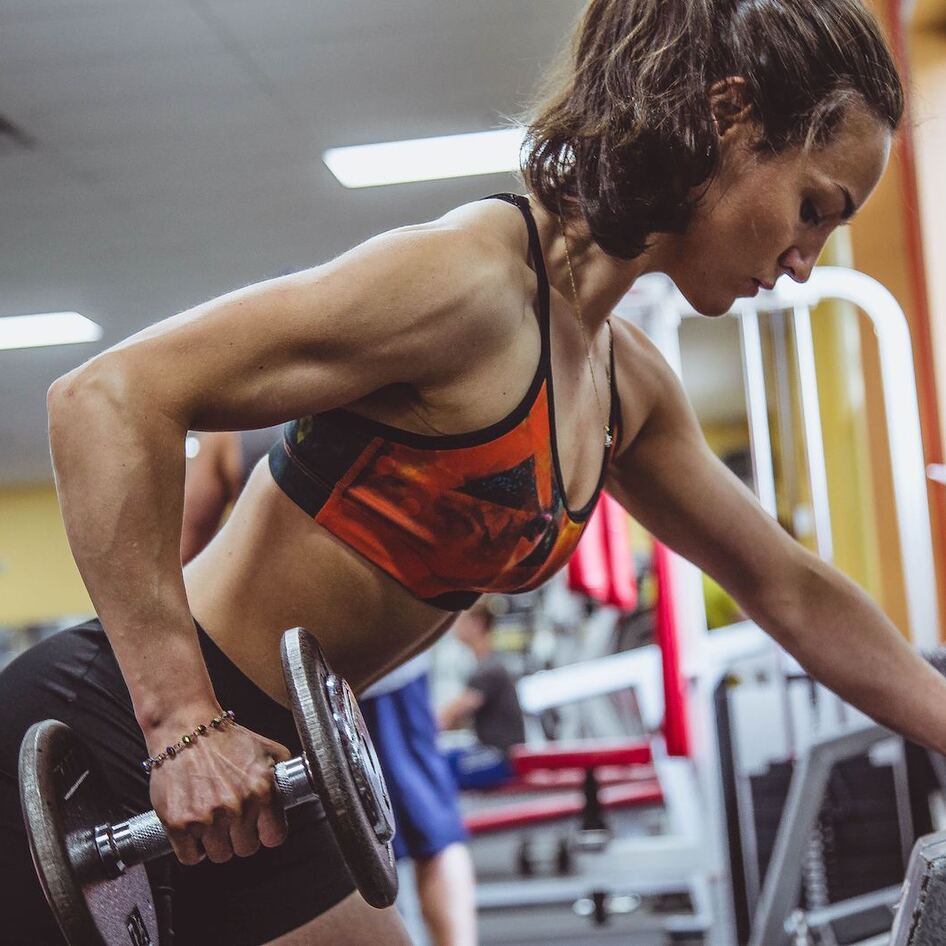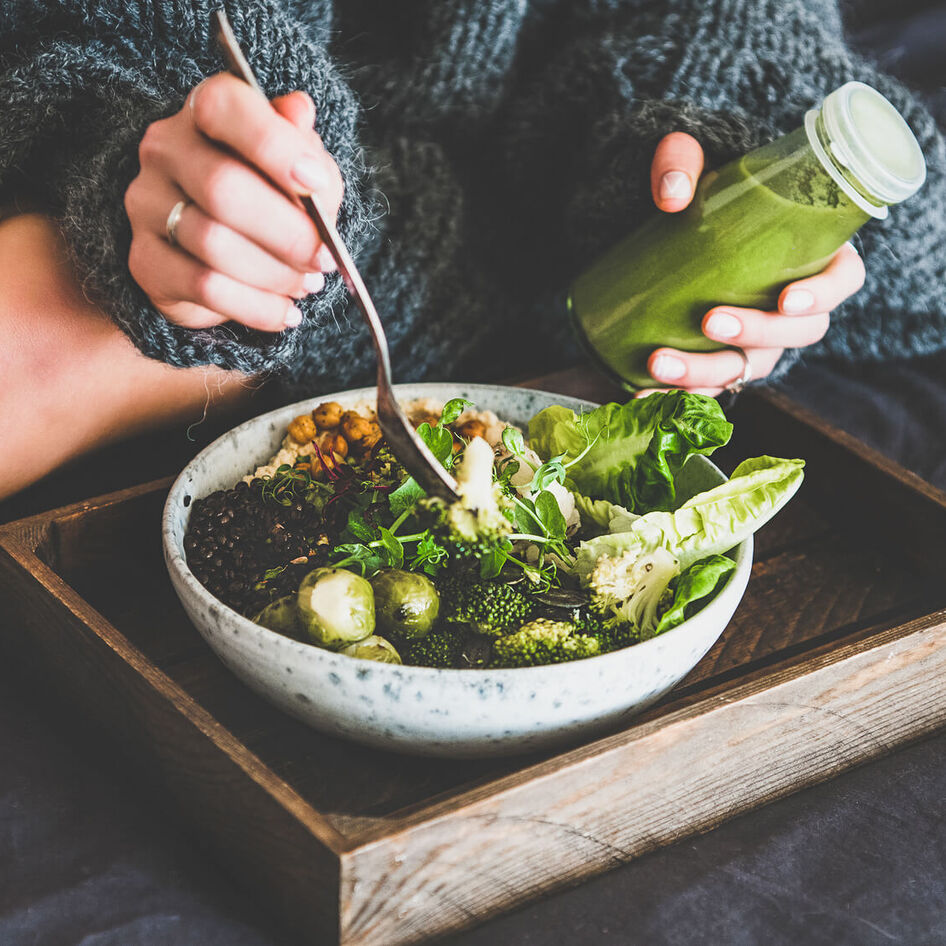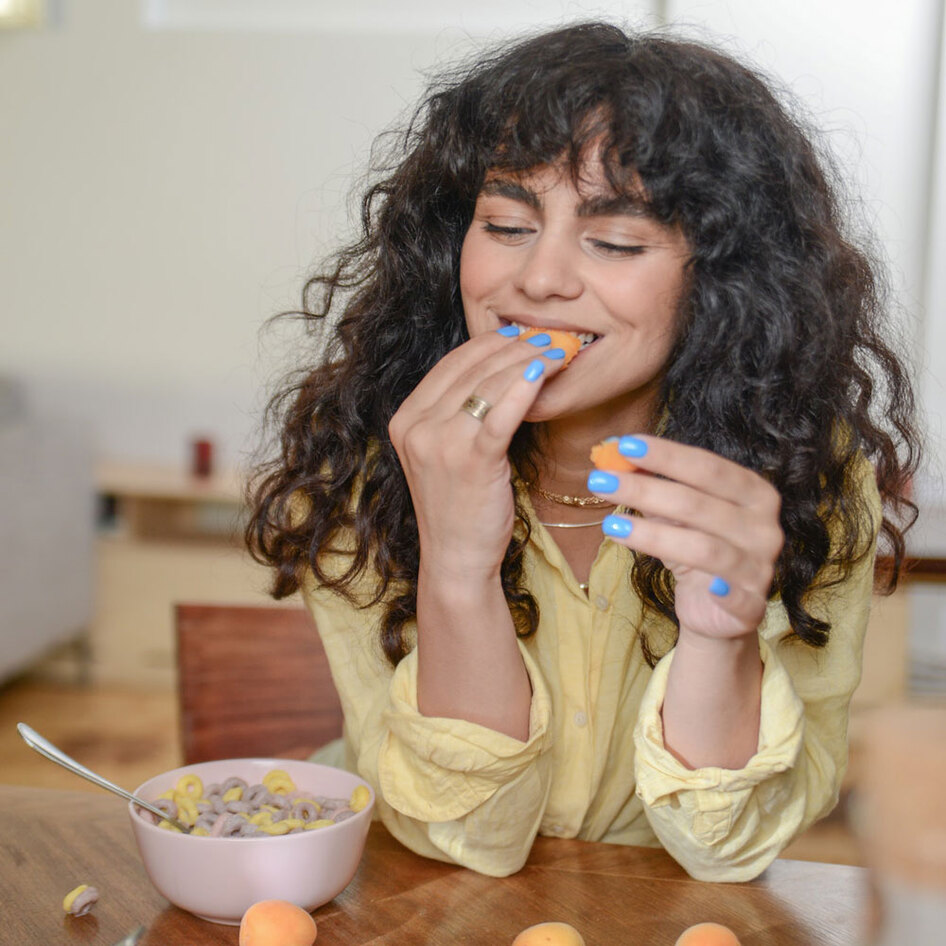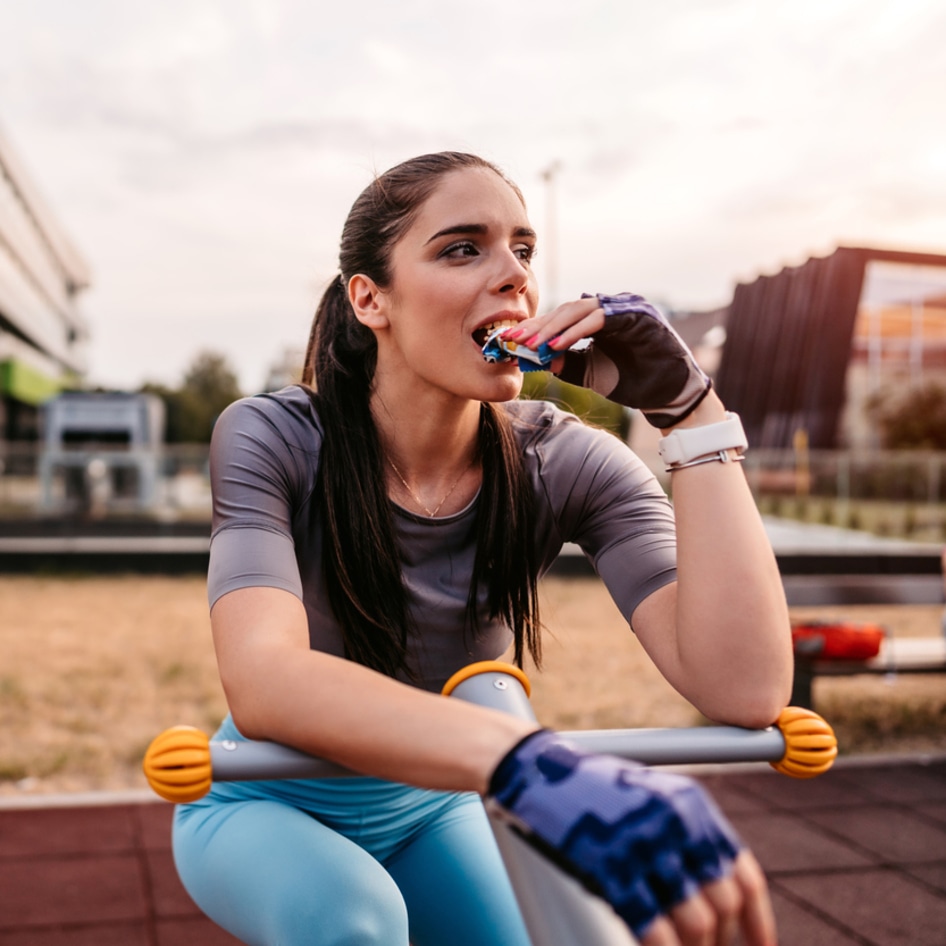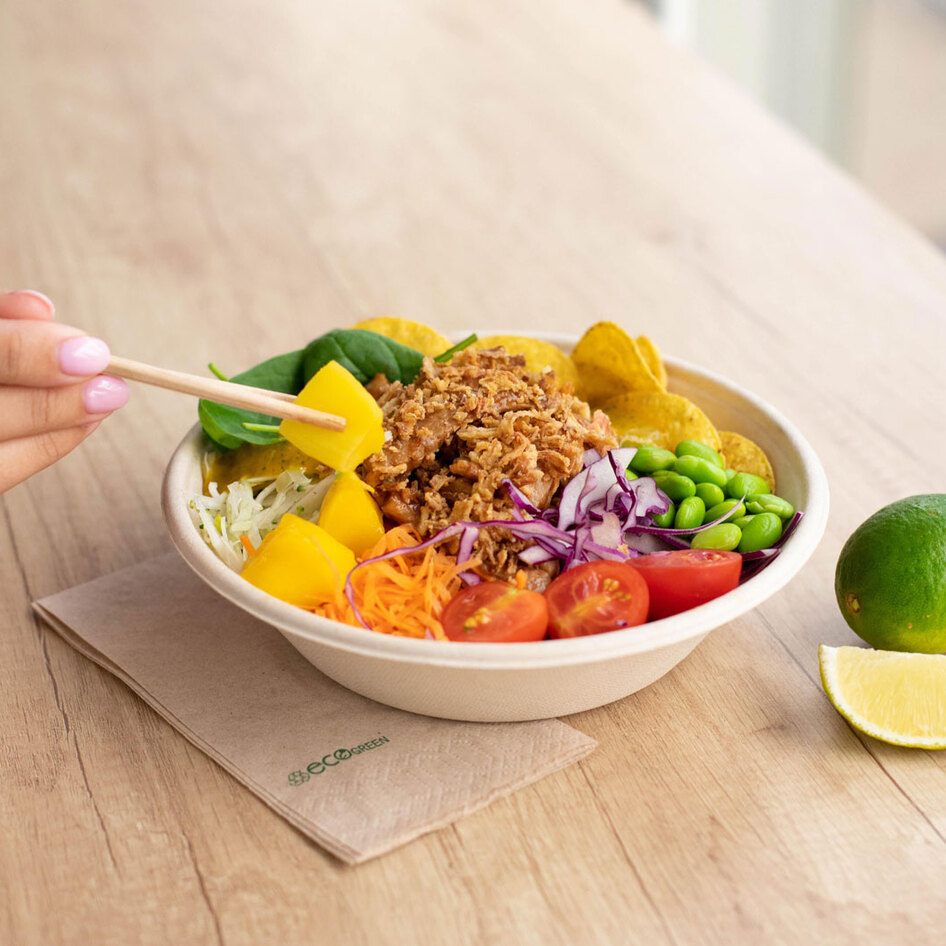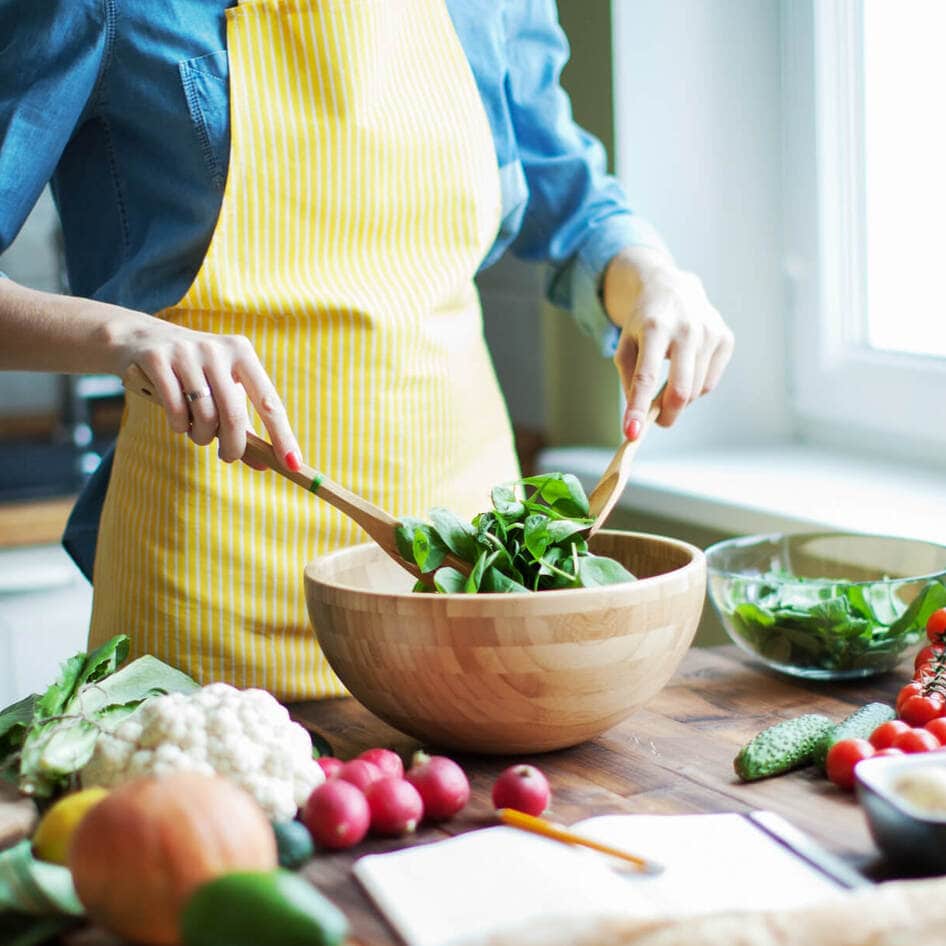Vegan Women and Health: Nutrition Expert Tells All
We chatted with nutrition expert Virginia Messina to glean some healthy-woman wisdom from the pages of her new book, Vegan for Her.
August 29, 2013
Blogger, dietician, and professor Virginia Messina is a go-to wellness guru in the vegan community, having served as a nutrition expert at an array of universities and institutes; blogging for websites such as The Vegan RD, Our Hen House, and One Green Planet; co-authoring books Vegan for Life and The Dietitian’s Guide to Vegetarian Diets; and co-owning international nutrition consulting company Nutrition Matters. In her latest work, Vegan for Her, Messina teamed up with veg lifestyle coach JL Fields to create a comprehensive guide that addresses health issues specific to vegan women. We recently caught up with Messina to pose our own pressing questions about nutrition and aging, plant-based female athletes, and common wellness misconceptions.
VegNews: Why did you decide to embark on a project that is geared toward vegan women?
Virginia Messina: I get so many questions about issues specific to women’s health from my blog readers. Many of them go beyond the kinds of things that Jack Norris and I talked about in Vegan for Life, which focused more on meeting nutrient needs. So I wanted to write a book that looked specifically at how women’s health concerns can be addressed within the context of a vegan diet. It addresses issues like breast cancer and fertility that are unique to women, as well as health issues—like osteoporosis, migraine headaches, and depression that are more common among women. I also wanted it to be a practical guide that recognizes the scope of veganism, which is why I asked my co-author JL Fields to provide not just recipes, but a chapter on taking veganism beyond the plate.
VN: What should change in a woman’s relationship to veganism as she ages?
VM: It’s all a question of what changes in a woman’s nutrient or dietary needs as she ages and how can we address those changes through a vegan diet. For example, it’s possible that protein needs increase with age and that a little extra protein may be helpful in maintaining muscle and bone mass. So, I provide some menu plans to illustrate how vegan women can eat more protein-rich diets. At the same time, women need less iron as they age. That may be a concern for meat-eaters who might be at risk for getting too much iron after menopause, but since absorption of iron from plant foods is better regulated, vegan women may have an advantage in this respect. Although the research on this is sparse, evidence shows that vegans have slightly lower blood estrogen levels, so they may experience a more gradual transition to menopause. And many of us consume soy-based foods on a regular basis, which can help to alleviate hot flashes.
VN: What is one of the most prominent myths about vegan women and health?
VM: Probably one of the most prominent myths about vegan women is that they are all thin. It’s true that vegans have a lower body mass index on average, but this doesn’t mean that a healthy vegan diet will automatically cause women to shed pounds. Certainly many women do lose weight when they switch to a plant-based diet, but weight loss also depends on what a woman’s diet was like before she went vegan, coupled with myriad genetic and environmental factors. Weight management is so complex and our understanding about it is constantly evolving.
VN: Weight management is a hot issue in the vegan community. Please share more about your thoughts on this.
VM: The truth is that vegan women—and men—come in all shapes and sizes, and that’s true even of those who are eating similar vegan diets. The nice thing about veganism is that it transcends issues of weight and body size. Eating more whole foods is likely to improve your health at any size, but it also yields big-picture benefits regarding our relationship to the environment and animals. Everyone can reap those benefits, of course, so I think we really sell veganism short when we try to portray it as a weight-loss diet.
VN: Chapter One of Vegan for Her is titled, “Going Vegan: An Easy Transition.” Can you share a few easy transition ideas and starting-off points for the veg-curious?
VM: First, there are little changes that don’t actually change the way we eat or prepare food. Replacing cow’s milk with almond, soy or hempseed milk is something that anyone can do with minimal effort. It doesn’t require you to learn anything new as far as food preparation or menu planning are concerned. The same is true with substituting mayonnaise for Vegenaise. So experimenting with those alternatives—including vegan cheeses and veggie meats—can be an easy way to start taking steps toward plant-based meals.
VN: For our new-to-vegetarianism readers, what about giving up meat?
VM: The one big change that I encourage people to adopt right from the start is to stop eating birds—meat from chickens and turkeys. Since these animals are so small, choosing to eliminate them from your diet saves many individual animals. And because the production and slaughter of birds is especially cruel, this is a dietary change that has a particularly big impact on animal suffering.
VN: Can you talk more about veganism and fitness for women and spotlight nutrition essentials every female vegan athlete should be aware of?
VM: Athletes sometimes have higher nutrient needs or may need to give particular attention to their protein-to-fat ratio and their carbohydrates consumption, but all of these issues can be addressed on a vegan diet. The most important thing for all women athletes—vegan or not—is to ensure adequate calorie intake. Training with inadequate energy can cause women to stop menstruating and to lose bone mass. Vegan female athletes may have slightly higher protein needs than non-vegans, but these are easily met as long as women are including plenty of legumes—beans, soyfoods, and peanuts—in their diets. It’s also important to keep fat intake at 20 to 30 percent of caloric intake to ensure there is adequate fat storage in muscles for extended exercise. Also, inadequate iron levels can compromise athletic performance and vegan women may need extra to make up for the lower absorption rates of iron from plant-based foods. Fortunately, because female athletes need more calories overall, it’s not difficult to meet these specific nutrient needs.
JUMP TO ... Latest News | Recipes | Guides | Health | Shop

